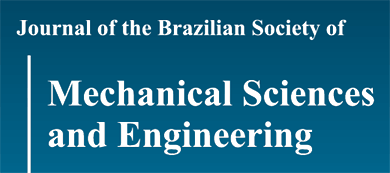Energy consumption, air pollution and industrial waste have received special attention from public authorities in recent years. The environment has become one of the most important subjects in the context of modern life, for its deterioration impacts the quality of life populations. Driven by pressure from environmental agencies, politicians have drawn up ever stricter laws aimed at protecting the environment and preserving energy resources. All these factors have led industry, research centers and universities to focus their efforts on researching alternative production processes, creating technologies to minimize or avoid the production of environmentally aggressive residues. Up to a few years ago, the main objective of manufacturing plants was to produce goods aimed at satisfying technological and economic aspects. Green, or "dry" machining and Minimum Quantity Lubricant (MQL) machining have caught the attention of researchers and technicians in the area of machining as an alternative to traditional fluids. Thus, this work proposes to explore the MQL concept in the grinding operation. Although its advantages allow one to predict a growing range of applications for MQL, the variables of influence to be considered and the effects on the results of the process have so far been little studied. Grinding involves several input parameters but, to date, little attention has been focused on the form and quantity of cutting fluid applied to the process. The condition and rate of cutting fluid applied directly influences some of the process's output variables. This work, therefore, analyzes the behavior of the MQL technique under different lubrication and cooling conditions, developing an optimized fluid application methodology based on the creation of a special nozzle through which a minimum amount of oil is pulverized in a compressed air stream. The evaluation of the technical performance of MQL in grinding, using aluminum oxide and superabrasive CBN (cubic boron nitride) grinding wheels, consisted of an experimental analysis of the behavior of the tangential cutting force, G ratio, roughness and residual stress. The results presented herein allowed us to evaluate the behavior of the MQL technique in the grinding process, thus contributing toward an environmentally friendly technology.
Grinding; tangential cutting force; G ratio; roughness; residual stress; CBN; MQL










